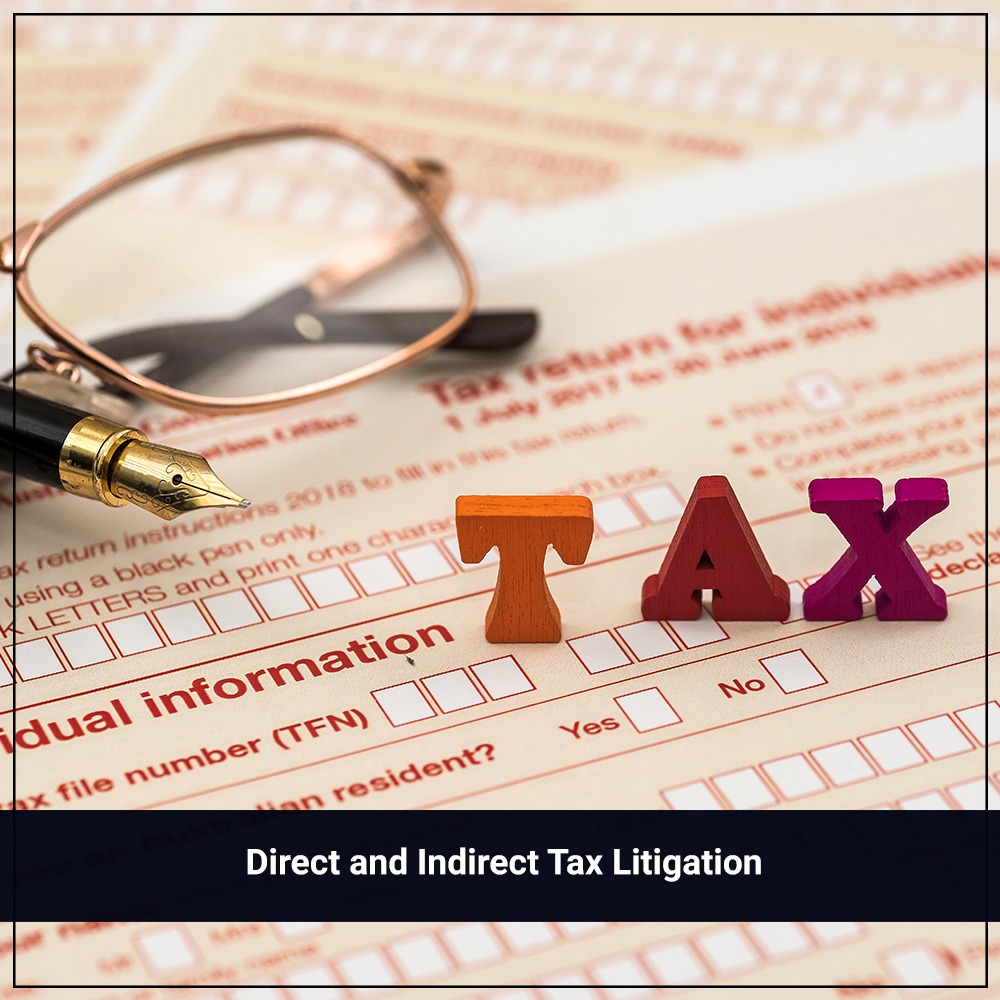
In India, tax litigation is like a maze that takes up much of the judges’ time. This is because of the complicated, constantly changing legislation and structural flaws. Aside from that, there are variations in rules and jurisdictions depending on the sort of tax. The finance ministry has 1,59,240 cases outstanding in which it is a party to the litigation, according to statistics on the law ministry’s Legal Information Management and Briefing System (LIMBS) website.
A systematic litigation management system is regarded as necessary by almost all businesses involved in litigation and assessments. The legal processes are drawn-out and tedious. The two primary types of taxes, as well as the fundamentals of tax litigation handled by tax firms in Delhi, will be covered in this article.
What Is A Tax Dispute?
Let’s first define taxes to grasp tax litigation better.
Citizens are subject to taxes to fund business endeavors, advance the national economy, and elevate the standard of living.
Taxes are often considered required payments made by people or businesses that fall under a certain tax category to the government.
Contrarily, litigation is described as “the process of bringing a legal claim before a court of law.” Corporate litigation laws deal with conflicts resulting from lawful business and commercial activities.
Direct and indirect taxes are the two primary types of tax firms in Delhi mostly deal with. Additionally, tax litigation of every kind exists. Therefore, tax litigation refers to judicial proceedings involving disagreements resulting from taxpayers’ delayed or non-payment of taxes and the government’s unwanted or improper tax collection.
Direct Tax Litigation: What Is It?
The government imposes “direct taxes” on a person or a business, as the name implies, and they cannot be transferred to another person or entity. This includes any dispute involving direct taxes in whatever form. The Department of Revenue’s Central Board of Direct Taxes (CBDT) is the only entity in charge of governing or making decisions regarding direct taxes.
Indirect Tax Litigation: What Is It?
Indirect taxes are those businesses charge customers for goods and services. Many indirect taxes were combined in July 2017, and the nation switched to a “One Nation, One Tax” system, which centralized the collection of all taxes under one authority. Multiple tax systems were replaced with the Goods and Services Tax (GST). A GST is levied on goods and is collected through a middleman, or taxpayer, who is the one who sells the commodity, such as a shopkeeper, an online merchant, etc. Therefore, any GST-related litigation falls into this category.
However, after the introduction of GST in July 2017, several unresolved cases from the pre-GST era remain open. The indirect tax lawsuit is thus split into two categories, which are as follows:
Pre-GST Regime Litigation
This category includes lawsuits that were started during the pre-GST era and were still pending as of July 2017. This legal system covers excise, sales tax, VAT, and other taxes. Businesses, however, find it challenging to manage the paperwork and procedures from the pre-GST regime due to the drawn-out processes. To manage their cases, firms need to use litigation management software solutions.
GST Lawsuits
This category includes any indirect tax dispute since the GST’s July 2017. Since its inception, the GST has undergone constant change. Certain modifications are announced through several authorities, notices, circulars, etc. The GST Council, a separate entity, makes periodic decisions regarding anticipated changes to the law. Businesses must therefore comprehend the specifics of GST lawsuits.
Businesses will respond proactively to defend their positions if they are ready for departmental audits and GST litigation. Audits are carried out regularly, and if a suspicious record or modification to the GST filing is found. Consequently, it is essential to work with tax firms in Delhi to gather, preserve, and authenticate the necessary data proactively.
This content is meant for information only and should not be considered as an advice or legal opinion, or otherwise. AKGVG & Associates does not intend to advertise its services through this.
